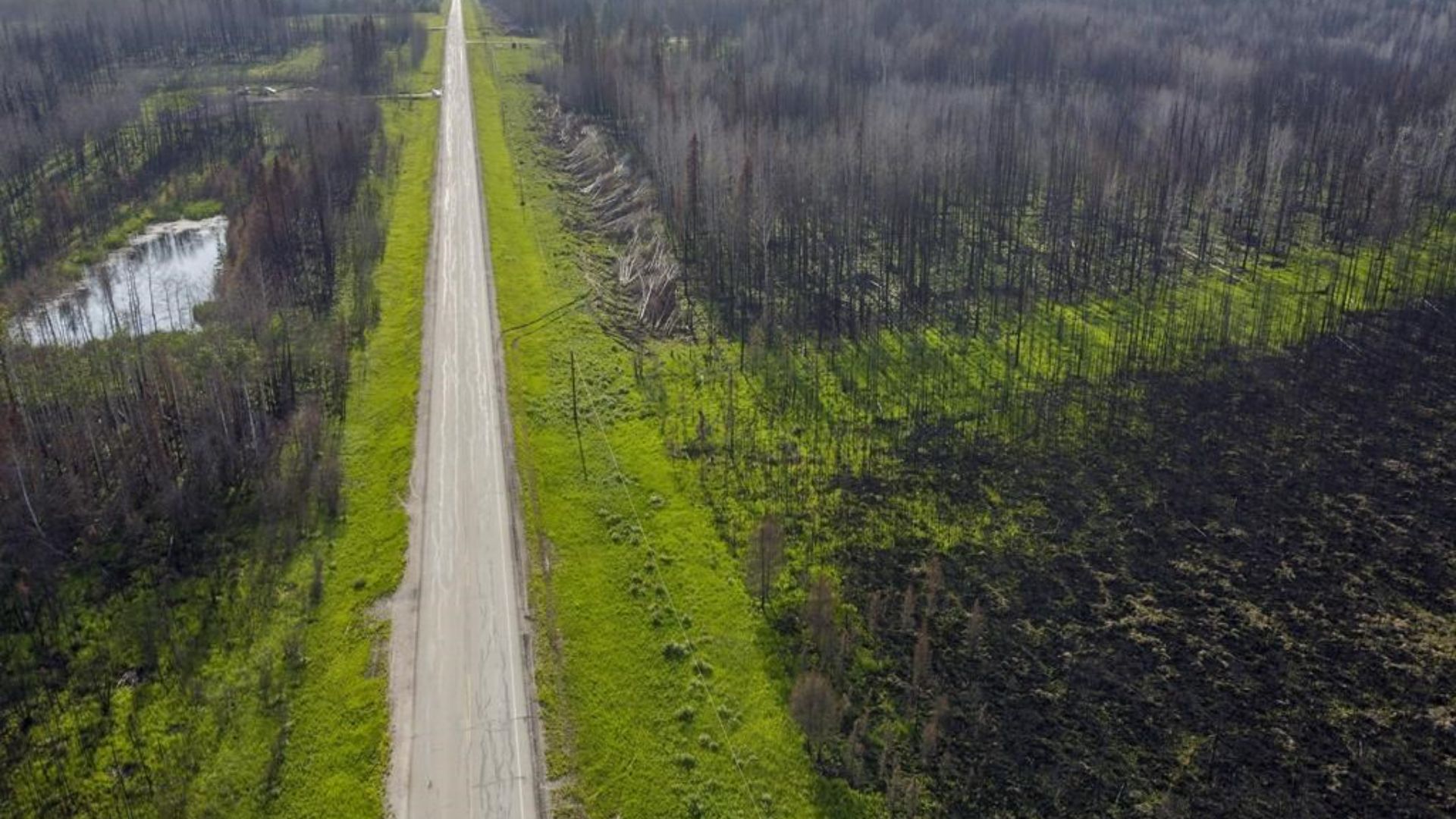“We had record heat in May and June in Canada and we have another historic wildfire season. Yes, it has been busy,” says research scientist Nathan Gillett, who works for Environment and Climate Change Canada.
Dr. Gillette is currently leading a group of experts set up by the federal government whose mission is to determine the role that climate change has played in a short time in a particular weather event, whether that be a forest fire in Quebec or a flood in British Columbia.
“The idea is to be able to get an estimate of attribution a few days or a few weeks after the event itself,” he explains.
new domain
Twenty years ago, if a scientist were asked whether climate change had a role to play in multiple days of heavy rain or prolonged drought, the answer might have been something like: “We can’t say for sure, but it’s consistent with modeling.”
However, in 2003, a science article suggested that science could be better. Miles Allen of the University of Oxford borrowed a concept from epidemiology.
Dr Gillette recalls: “We can say that smoking increases the risk of lung cancer by a certain percentage. In the same way, it can therefore be said that climate change caused by human activity has increased the risk of a particular extreme weather event occurring by a certain percentage.
Since this article was published, many other peer-reviewed studies have been written on what is now called attribution science, which is used by governments in many countries, including Canada.
The importance of acting quickly
Nowadays, attribution science, which works by comparing climate models, is so advanced that experts can quickly make their calculations after an extreme event.
“Once the method is well established and validated, all that remains is to collect data on the passage of the phenomenon and then get the results,” Dr. Gillette confirms.
In some cases, the analysis can be relatively fast, but some more complex phenomena take longer to work on. Dr. Gillette and his team aim to present results within a week of a heatwave, but wildfires, for example, take longer to analyze, since they involve so many variables.
But either way, the speed with which researchers can report their findings is critical, according to British researcher Claire Barnes, who works with the Global Weather Referral Network.
“Our goal is to look at the major events that make the headlines. Journalists and residents want to better understand why an event happened when it happened,” she notes.
According to her, a quick assessment of the role of climate change after an extreme event can bring realism to the public debate.
If the researchers come up with answers three years later, the media will have already drawn their own conclusions and moved on. To make a real impact and bring scientific facts into discussions, we must act quickly.”
Dr. Barnes and World Weather Attribution analyzed more than 50 events from around the world since 2015. Among other things, they concluded that the heat wave that preceded the Great Lytton Fire, which occurred in 2021 in British Columbia, was 150 times more likely to have been caused by climate change.
Some restrictions
Attribution science is not only used to fuel public debate. Governments use it to formulate their coping strategies, financial institutions use it to assess risk, and it has been used in hundreds of court cases to try to pin climate blame.
But it still has its limits.
Attribution science only works where there is enough weather data to build an accurate model. Thus, this excludes a large part of the planet’s south, although this is where some of the worst weather disasters occur.
However, there is no shortage of work. Dr. Barnes and her group had to set strict criteria that took into account the scale of the event, the damage it caused, and its impact on human life in order to select the phenomena to be studied.
“There are so many that it is impossible for us to parse them all,” she admits.
But World Weather Referral found time to look at wildfires raging this summer in Canada. As this is a complex study, results are not expected for about a month.

“Music guru. Incurable web practitioner. Thinker. Lifelong zombie junkie. Tv buff. Typical organizer. Evil beer scholar.”






More Stories
A large manufacturing project awaits space in the industrial zone
According to science, here are officially the two most beautiful first names in the world
Green space, 100% pedestrianized: DIX30 reinvents itself